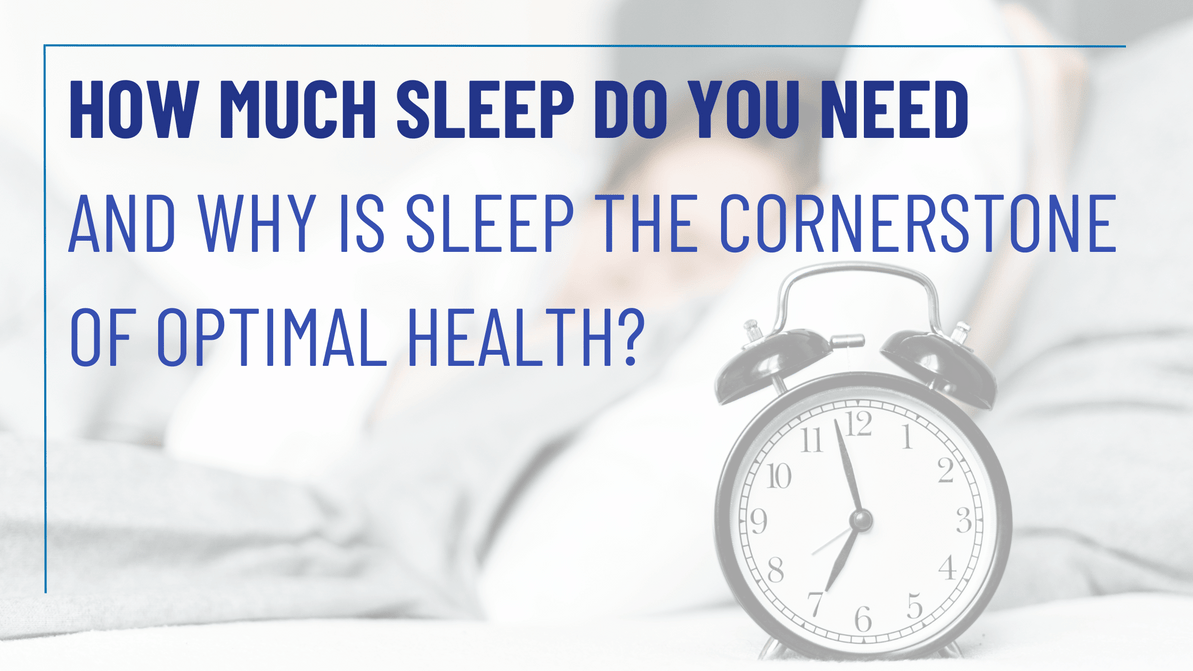How Much Sleep Do You Need and Why Is Sleep the Cornerstone of Optimal Health?
How many times have you heard that you should sleep 8 hours per night? I’m sure you’re tired of that by now. (See what we did there?)
Getting enough sleep is essential for optimal health. Lack of sleep weakens your immune system, heart health, and capacity to focus. It can make you gain weight and put you in a bad mood.
But how much sleep do you need? Is 8 hours really the magic number it is made out to be? And how exactly does sleep influence our bodies? Keep reading to find all these answers and more.
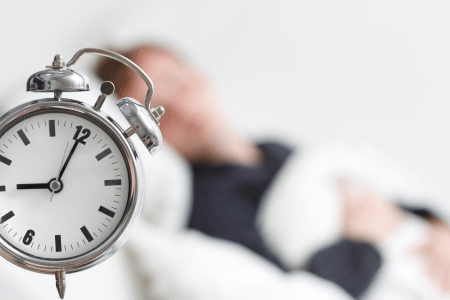
How much sleep do you need?
Your sleep needs vary throughout your life, and your age and health have the most significant influence. According to the CDC and the National Sleep Foundation, different age groups need different hours of sleep each day to function optimally.
- A newborn up to 3 months old needs between 14-17 hours of sleep per day.
- Infants between 4 and 12 months need 12-16 hours per day.
- Toddlers between 1-2 years should sleep 11-12 hours per day, including naps.
- Children between 3-5 years need 10-13 hours of sleep per day.
- Those between 6-12 years should sleep 9-12 hours each day.
- Teenagers between 13-18 need 8-10 hours of sleep per day.
- Adults up to the age of 60 need 7 or more hours of sleep per day.
- After 60, most adults should sleep between 7-9 hours a day.
Sleep needs can vary from person to person. There’s nothing wrong with you if you need nine hours of sleep to feel rested while your partner is fine after seven. Aiming to get the number that makes you feel good is important.
Is it possible to sleep too much?
Some consider that needing over 10 hours of sleep per night as an adult can indicate an underlying condition. Most healthy adults indeed need between 7-9 hours of sleep. But occasionally, needing 10+ hours doesn’t necessarily indicate a disease. A change of schedule, stress, and other external factors can make you need more sleep.
Some conditions could influence how much sleep you need. These include apnea or narcolepsy. In these cases, though, you’ll often feel tired even if you sleep 10+ hours because the quality of sleep is very low.
If you’ve always been someone who has needed more sleep than the rest, it might simply be how your body works. But if your sleeping habits suddenly change, see a doctor or sleep technician to rule out any underlying health issues.
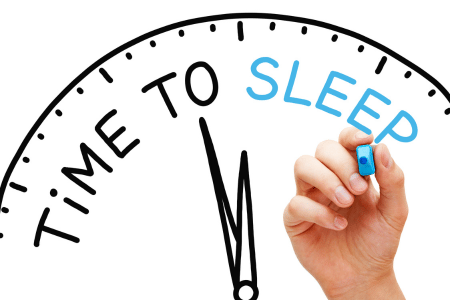
How sleep impacts your health
Sleep is a topic that has fascinated humans for a long time. If you ever had to stay up all night and still go to work the next day, you’ll know firsthand what sleep deprivation does to you. In the long run, the side effects become deeper and deeper. That’s because sleep influences every aspect of our lives. Everything is influenced by how much and how well we sleep, from our immune function to the heart, memory, and metabolism.
What exactly happens while we sleep?
Sleep comes in two main stages, each essential for optimal health.
- NREM (non-rapid eye movement) sleep. Also known as stages 1-3 (or more recently, N1-N3) of sleep, this is the phase when you transition gradually into deep sleep. In stage 1, your sleep is light, and you can easily wake up. Stage 2 is the middle phase—your sleep is not light but not yet deep. Stage 3 is the deep sleep phase, where the body can slowly begin the repair processes, including hormone regulation and cellular repair.
- REM (rapid eye movement) sleep. This is the phase where dreaming occurs. The brain activity resembles wakefulness. Temporary muscle paralysis occurs now to stop us from acting out our dreams. This stage is essential for cognitive function and memory.
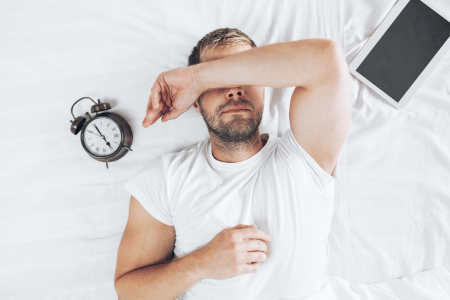
8 benefits of sleep
Few things can be more relaxing than a good night’s sleep. But there’s more to it than that. Here are eight ways in which getting enough sleep helps your body.
- May help you lose weight. When you don’t sleep enough, your hormones can get out of balance. Two such hormones are gremlin and leptin, the hormones responsible for your appetite. It’s no wonder you’ll often feel hungry all day after a night with little to no sleep. Getting enough sleep, on the other hand, can help you keep your appetite in check and maintain a healthy weight.
- Can help balance blood sugar levels. Sleep impacts your metabolism and how your body processes insulin. When you don’t sleep enough, your blood sugar levels can fluctuate, increasing your risk of type 2 diabetes.
- Improves heart health. Sleep promotes a healthy heart and good blood pressure levels. That’s because while you’re busy dreaming, your heart rate slows down, which allows your cardiovascular system to rest. Insufficient sleep, on the other hand, can lead to high blood pressure and, in time, heart disease.
- Can decrease inflammation. Sleep helps boost your immune system. That means you won’t get sick as often, but there’s another benefit. A stronger immune system decreases the likelihood of chronic inflammation, which lowers the risk of dementia, heart disease, and cancer.
- Can boost your memory. Sleep plays an essential role in memory consolidation. This process happens in the NREM stage 3 and the REM phase. During this time, your brain is busy making connections and linking events and feelings to your memory.
- Helps relieve stress. There are certain things you can’t avoid in life, like taxes and stress. We can’t offer tips for your taxes, but getting enough sleep can help reduce stress levels.
- Improves mental function. Beyond memory, sleep can also improve your cognitive thinking. Problem-solving, decision-making, and planning can all be easier after a good night’s sleep. That’s why after a sleepless night, you’ll often feel you can’t focus, your reactions feel slower, and your memory poorer.
- Better energy and athletic performance. You already know sleeping boosts your energy. But did you know that while you sleep, your body works hard to repair tissue, makes growth hormones, and helps with athletic recovery? All this contributes to muscle growth and better performance.

Tips to improve your sleep quality
How well we sleep is just as important as how much we sleep. Getting enough hours ensures your body goes through all the sleep phases, reaping its benefits. Unfortunately, our lifestyle can affect the quality of our sleep.
Stress, drinking too much caffeine or alcohol, or shift work can lead to insomnia and an erratic sleep schedule. Plus, there’s the blue light exposure we all get staring at our screen until we go to sleep. Blue light damages not only our eyes. It can also interfere with our body’s capacity to make melatonin, the sleep hormone.
Here’s how to help your body get good sleep even when you have a hectic lifestyle.
- Create a consistent sleep routine. Try to go to bed at the same time each day. Yes, that includes weekends! This helps your body get into a healthy rhythm, making you more likely to fall asleep easily. If you work shifts, this may be more complicated, so you’ll need to adjust.
- Add a bedtime ritual. Regardless of when you go to bed, try to create a ritual, something to tell your body, “Now it is time to wind down and sleep.” It helps your brain slow down and can induce relaxation, so you can fall asleep faster.
- Limit screen time before bed. Say goodbye to your computer, phone, and TV a couple of hours before bed.
- Avoid caffeine and heavy foods in the second half of the day. You'll have difficulty falling asleep if your digestive system is hard at work. Eating something light for dinner gives your body time to digest and then rest.
- Add foods that promote sleep. These include nuts and seeds, bananas, cherries, acai, and more. Teas like chamomile, lavender, or valerian root are also helpful.
If you’re struggling with insomnia, you may check out part 2 of our “Sleep” series, where we talk about all the natural remedies you can use to beat this annoying problem.
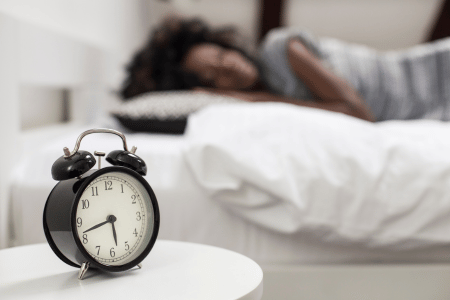
The bottom line
Sleep is the foundation of good health. Good metabolism, good memory, heart health, and reduced inflammation are only some of its benefits. But how much sleep do you need? For most adults, 7-9 hours per day will be enough. For children, the number will be higher, depending on their age.
To avoid insomnia and improve sleep quality, try to go to bed and wake up at the same time every day. Create a bedtime routine, and limit heavy foods and caffeine in the evening. How much sleep do you need to feel energized? Do you have a bedtime routine? Join us on Facebook and share your favorite tips.
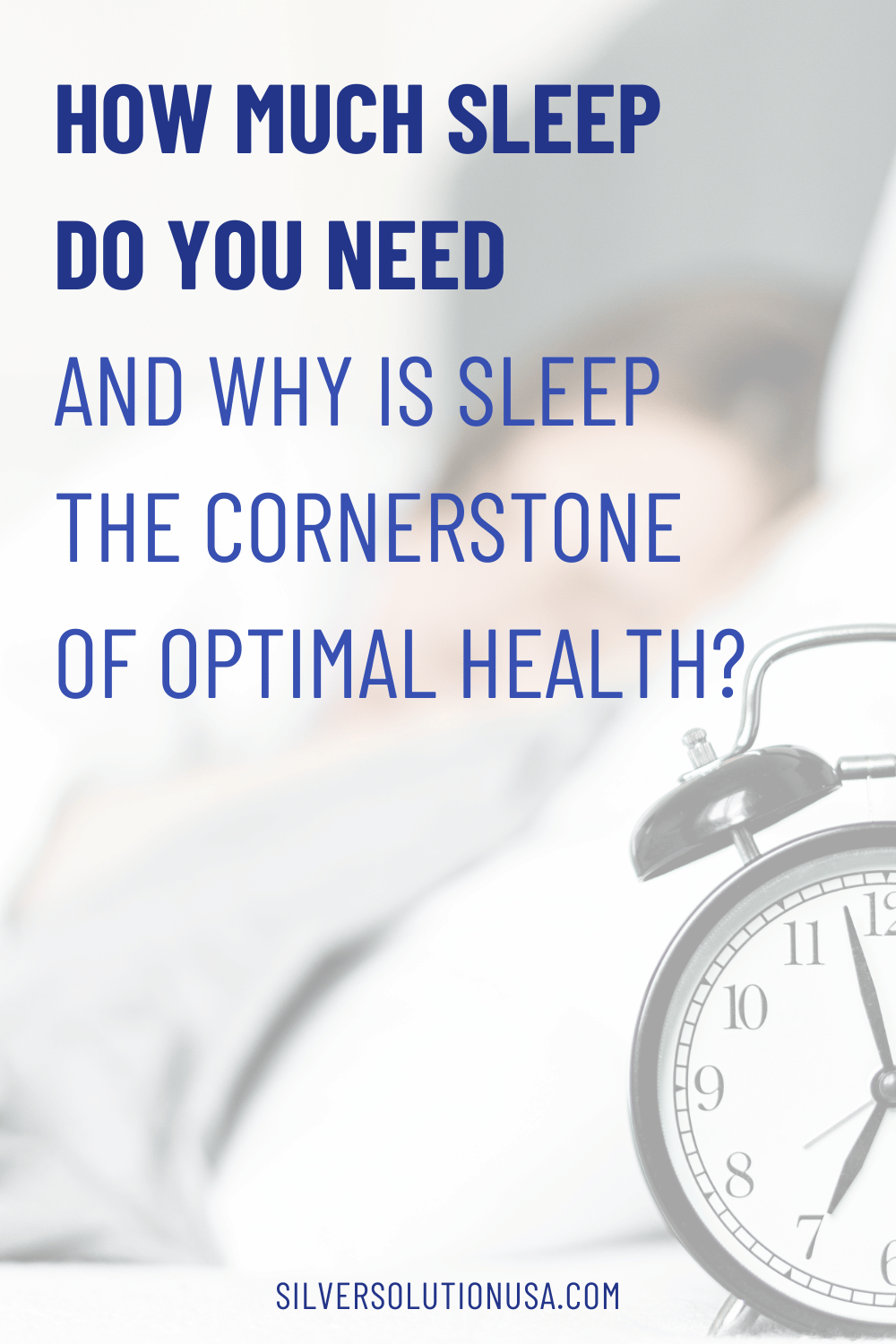
Health/Medical Disclaimer
This blog post does not provide health or medical advice. This blog post is for informational and educational purposes only and is not a substitute for professional health or medical advice. Before taking any actions based upon such information, we encourage you to consult with the appropriate medical and healthcare professionals. We do not provide any kind of health or medical advice. The use or reliance of any information contained on this blog is solely at your own risk.
Sources
https://www.cdc.gov/sleep/about_sleep/how_much_sleep.html
https://www.sleepfoundation.org/how-sleep-works/how-much-sleep-do-we-really-need
https://www.cdc.gov/diabetes/basics/insulin-resistance.html
https://n.neurology.org/content/64/7/E25.long
https://academic.oup.com/eurheartj/article/32/12/1484/502022
https://rupress.org/jem/article/216/3/517/120367/G-s-coupled-receptor-signaling-and-sleep-regulate
Recent Posts
-
Are sunscreen ingredients harmful?
Sunny days can bring a lot of fun. Going out for a swim, spending time in nature, or relaxing on the …18th Mar 2024 -
The Veggie Debate: Does Cooking Vegetables Destroy Nutrients and the Best Ways to Cook Them
Vegetables are one of the healthiest foods you can choose. Some people downright hate them, while so …4th Mar 2024 -
Best Foods for COVID Recovery and Prevention
A few years ago, a new virus took the world by surprise. COVID-19 may look like the flu on the surfa …19th Feb 2024

